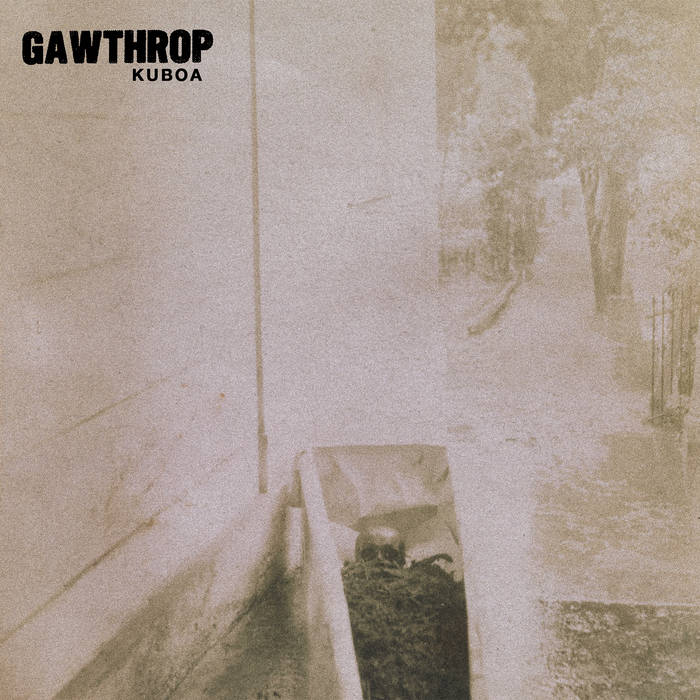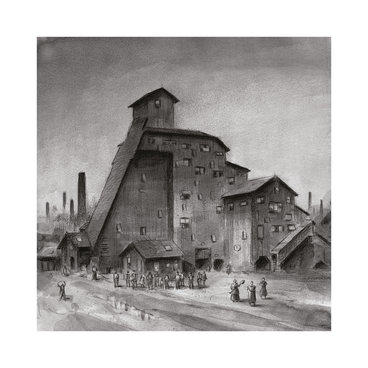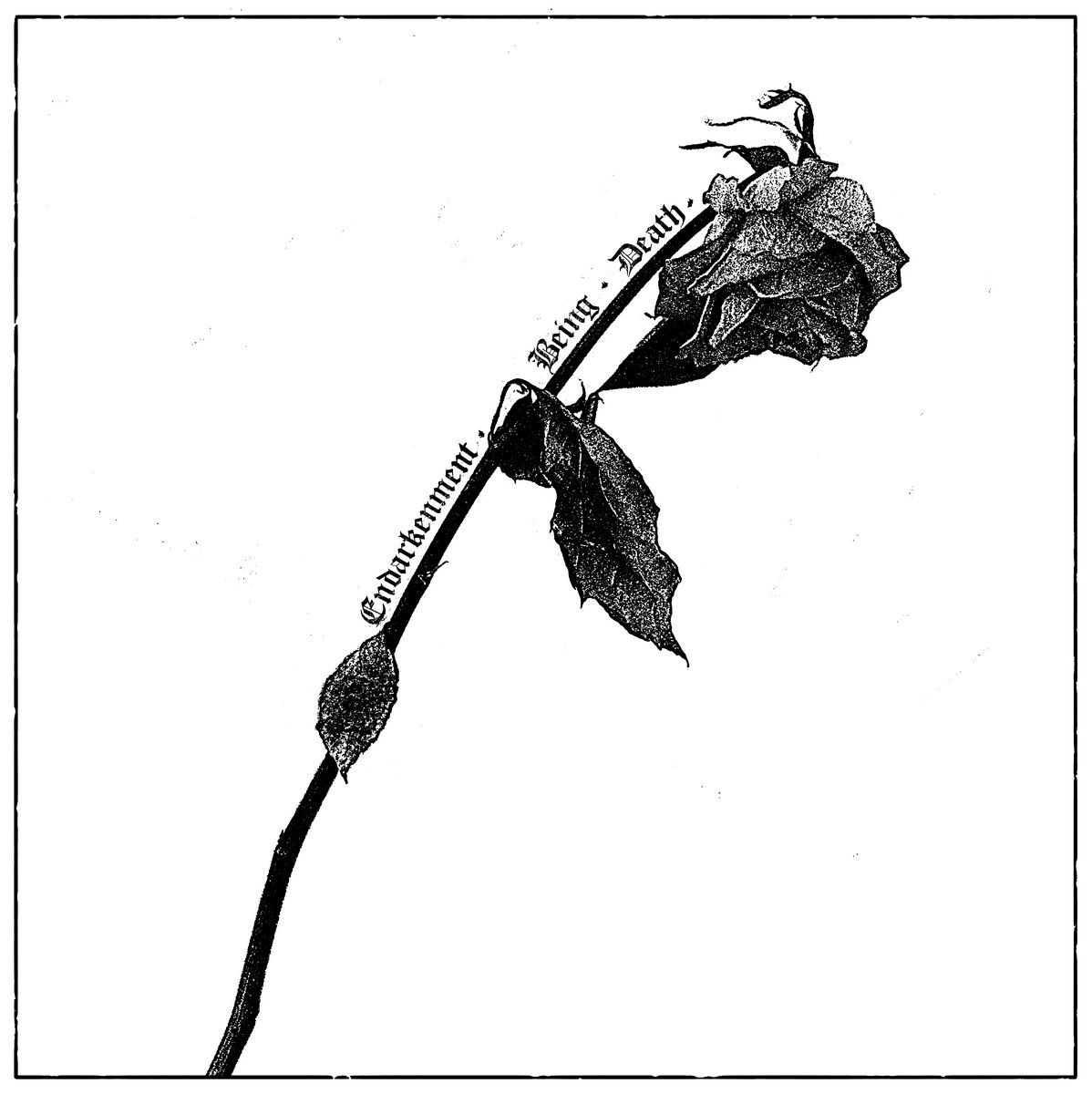It’s been done a few times before. A time comes when a well-loved band has taken their sound to its logical conclusion and thrown in the hat. Down the line this group of musicians might catch new inspiration, decide to reassess, to explore a different aesthetic, and to recombine under a new banner. And what comes of it might just be the ticket. At The Drive In, anyone? And so that is what the City of the Saints’ very own SubRosa, after nearly two decades of solemn doomy séance, has gone and done. Or has it?
No, perhaps this one is more subtle. Essentially they took a breather, reconvened now with new bassist, Matt Brotherton, dialed up the tempo and the Metal, dialed down some of the funereal Sludge and frenzied feedback and have given us this very compelling debut, which is about as much like SubRosa as it isn’t. And who knew that just below the surface of SubRosa’s already exceptional symphonic Doom was a wildfire of inspiration? The Otolith, as it turns out, is like a Metal Silver Mt. Zion (all the best parts, though, not the parts where Efrim thinks constant off-key vocals are some kind of profound Punk Rock gotcha). As well, the sparse – but exciting – return of the hardcore vocals jiving with the tremolo violin gives serious Ne Obliviscaris vibes. Or we can even point to Colorado’s Dreadnought – who seem to be another direct influence – a fact we absolutely love! There is even a Tool moment on ”Andromeda’s Wing”! Have they made this record just for us, the fans?? What they’ve really done here is play up all the special properties of the band we know and love and bring in more airy atmosphere, more shifty soundscapes, more samples (however, to be frank, Chaplin’s ”The Dictator” speech, which closes out ”Bone Dust” has been sampled to death, and perhaps more importantly does not seem to gel with the Metal chugging going on above it), more of the big-heavy and more sparkling, visceral melody for us to bite into.
We wouldn’t have been surprised had Folium Lumina followed …Battle Of The Ages under the same moniker, but we would no doubt qualify a certain shift in the approach. And perhaps that will become more apparent on future releases as the rift between the two projects widens. For as it stands, the crew continues to operate within the same or similar aesthetic constrictions as they had done previously. The same instrumentation, the same socio-political narrative. If we’re real about it, we loved what Subrosa was doing all those years ago, but over time, our attention waned and we yearned for something slightly different. Now, though, the format is relevant again. Now we are greeted with a heightened sense of urgency. Now, we enjoy an even more refined quiet-loud structure than before. Now the density of the strings, the keys, the striking bass, the yearning, disarming doom and vicious beauty rise to heights we cannot ignore. Now we cannot help but be swept away and overcome.
Or can we? Must we admit to mixed feelings on this one? Or is it just that we need more time to soak it in? Let’s make no mistake, they’ve certainly raised the Post-Metal ante on themselves. The compositions are even denser than before. The glorious details more pronounced, eager to be interrogated by high-end cans that make our heads look like cell phone towers. The plot moves along quicker now, even as the track lengths remain relatively the same. The divide is different this time. Not the same as with those other undead bands, we tell ourselves. We aren’t sure whether this is a different entity at all. And yet there is no denying that progress has been made. And not to be forgotten is the way The Otolith flashes it’s influences, like a newly-minted jackpot winner screaming down the strip. He will crash and burn and arise like a phoenix from a pyre of paper money. Why do we concern ourselves about whether he is the same man or different? Just give us the money! The album title itself seems to suggest a rebirth, but this one might be iterative rather than karmic in nature. It is only that with so much to love on this album, so little to critique, there remains merely the question of whether they’ve distinguished themselves enough from their own past lives. But perhaps that’s just the thing. They didn’t need to. They were storied and acclaimed. And now they have returned to grant us gifts of More.











